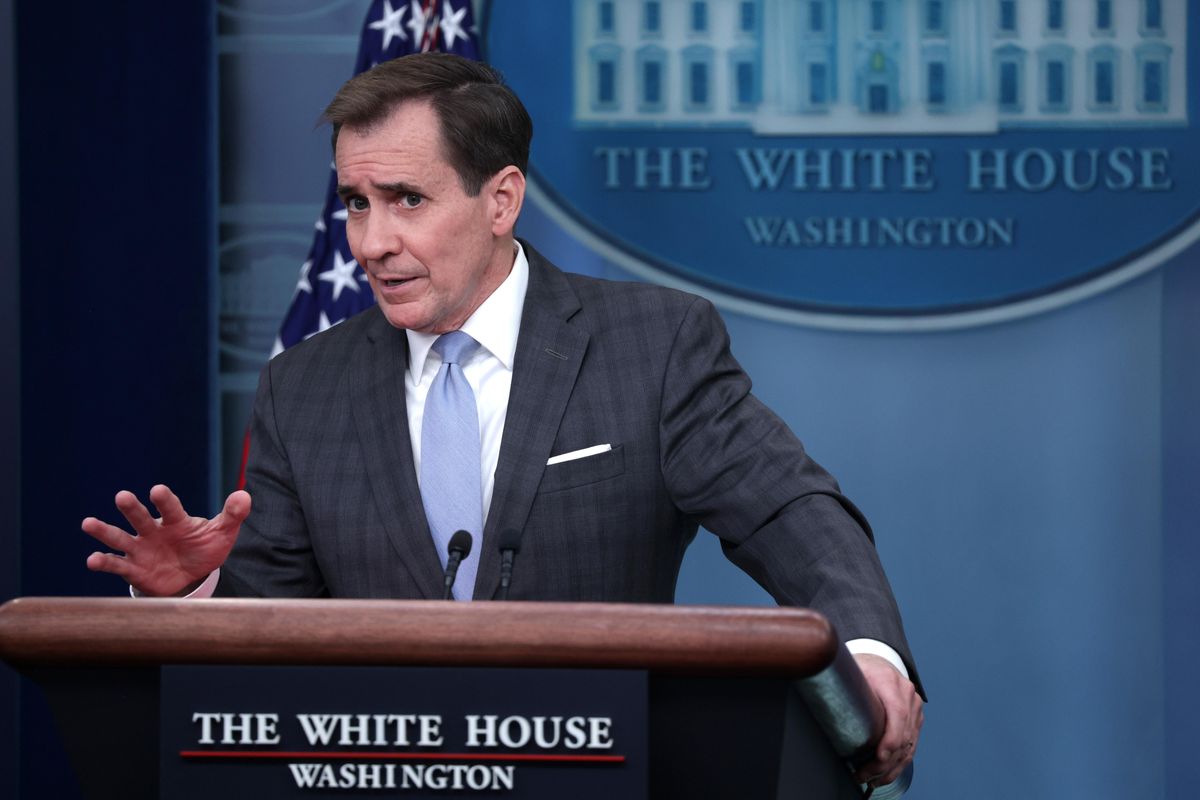![]()
Ana Segovia (Mexico), Huapango Torero (‘Huapango Bullfighter’), 2019.
The skin is the largest organ of the human body. It covers our entire surface, at some points only as thin as a piece of paper and at other points about half as thick as a credit card. The skin, which protects us from all manner of germs and other harmful elements, is fragile and unable to defend humans from the dangerous weapons we have made over time. The ancient blunt axe will break the skin with a heavy blow, while a 2000-pound MK-84 ‘dumb bomb’ made by General Dynamics will not only obliterate the skin, but the entire human body.
Despite a 24 May order from the International Court of Justice (ICJ), the Israeli military continues to bomb the southern part of Gaza, particularly the city of Rafah. In blatant disregard of the ICJ’s order, on 27 May Israel struck a tent city in Rafah and murdered forty-five civilians. US President Joe Biden said on 9 March that an Israeli attack on Rafah would be his ‘red line’, but – even after this tent massacre – the Biden administration has insisted that no such line has been violated.
At a press conference on 28 May, communications advisor to the US National Security Agency John Kirby was asked how the US would respond if a strike by the US armed forces killed forty-five civilians and injured two hundred others. Kirby responded: ‘We have conducted airstrikes in places like Iraq and Afghanistan, where tragically we caused civilian casualties. We did the same thing’. To defend Israel’s latest massacre, Washington has chosen to make a startling admission. Given that the ICJ has ruled that it is ‘plausible’ that Israel is conducting a genocide in Gaza, could it be said that the US is guilty of the same in Iraq and Afghanistan?
![]()
Ficre Ghebreyesus (Eritrea), Map/Quilt, 1999.
In 2006, the International Criminal Court (ICC) began to assess the possibility of war crimes in Iraq and Afghanistan, and then, in 2014 and 2017, respectively, opened formal investigations into crimes committed in both countries. However, neither Israel nor the United States are signatories to the 2002 Rome Statute, which established the ICC. Rather than sign the statute, the US Congress passed the American Service-Members’ Protection Act – known informally as the ‘Hague Invasion Act’ – which legally authorises the US government to ‘use all means necessary’ to protect its troops from ICC prosecutors. Since Article 98 of the Rome Statute does not require states to turn over wanted personnel to a third party if they have signed an immunity agreement with that party, the US government has encouraged states to sign ‘Article 98 agreements’ to give its troops immunity from prosecution. Still, this did not deter ICC Prosecutor Fatou Bensouda (who held the post from 2012–2021) from studying evidence and issuing a preliminary report in 2016 on war crimes in Afghanistan.
Afghanistan joined the ICC in 2003, giving the ICC and Bensouda jurisdiction to conduct their investigation. Even though it signed an Article 98 agreement with Afghanistan in 2002, the US government fervently attacked the ICC’s investigation and warned Bensouda and her family that they would face personal repercussions if she continued with the investigation. In April 2019, the US revoked Bensouda’s entry visa. Days later, a panel of ICC judges ruled against Bensouda’s request to proceed with a war crimes investigation in Afghanistan, stating that such an investigation would ‘not serve the interests of justice’.
Staff at the ICC were dismayed by the court’s decision and eager to challenge it but could not get support from the justices. In June 2019, Bensouda filed a request to appeal the ICC’s decision not to pursue the investigation into war crimes in Afghanistan. Bensouda’s appeal was joined by various groups from Afghanistan, including the Afghan Victims’ Families Association and the Afghanistan Forensic Science Organisation. In September 2019, the Pre-Trial Chamber of the ICC ruled that the appeal could go forward.
![]()
Dawn Okoro (Nigeria), Doing It, 2017.
The US government was enraged. On 11 June 2020, US President Donald Trump signed Executive Order 13928, which authorised his government to freeze ICC officials’ assets and ban them and their families from entering the United States. In September 2020, the US imposed sanctions on Bensouda, a national of Gambia, and senior ICC diplomat Phakiso Mochochoko, a national of Lesotho. The American Bar Association condemned these sanctions, but they were not revoked.
The US government eventually repealed the sanctions in April 2021, after Bensouda left her post and was replaced by the British lawyer Karim Khan in February 2021. In September 2021, ICC Prosecutor Karim Khan said that while his office would continue to investigate war crimes by the Taliban and the Islamic State in Afghanistan, it would ‘deprioritise other aspects of this investigation’. This awkward phrasing simply meant that the ICC would no longer investigate war crimes committed by the United States and its allies from the North Atlantic Treaty Organisation. The ICC had been sufficiently brought to heel.
![]()
Alexander Nikolaev, also known as Usto Mumin (Soviet Union), Friendship, Love, Eternity, 1928.
Prosecutor Khan again demonstrated his partial application of justice and fealty to the Global North ruling elites when he rushed into the conflict in Ukraine and began an investigation into war crimes by Russia just four days after its invasion in February 2022. Within a year, Khan would apply for warrants for the arrest of Russian President Vladimir Putin and his Commissioner for Children’s Rights Maria Lvova-Belova, which were issued in March 2023. Specifically, they were charged with colluding to abduct children from Ukrainian orphanages and children’s care homes and take them to Russia, where – it was alleged – these children were ‘given for adoption’. Ukraine, Khan said, ‘is a crime scene’.
Khan would use no such words when it came to Israel’s murderous assault on Palestinians in Gaza. Even after more than 15,000 Palestinian children had been killed (rather than ‘adopted’ from a war zone), Khan failed to pursue warrants for the arrest of Israeli Prime Minister Benjamin Netanyahu and his military subordinates. When Khan visited Israel in November–December 2023, he warned about ‘excesses’ but suggested that since ‘Israel has trained lawyers who advise commanders’, they could prevent any horrendous violations of international humanitarian law.
![]()
Ayoub Emdadian (Iran), The Sapling of Liberty, 1973.
By May 2024, the sheer scale of Israel’s brutality in Gaza finally forced the ICC to take up the issue. The orders from the ICJ, the outrage expressed by numerous governments of the Global South, and the cascading protests in country after country together motivated the ICC to act. On 20 May, Khan held a press conference where he said that he filed applications for the arrest of Hamas leaders Yahya Sinwar, Mohammed Diab Ibrahim al-Masri, and Ismail Haniyeh and Israeli Prime Minister Netanyahu and his head of military, Yoav Gallant. Israel’s Attorney General Gali Baharav-Miara said that the ICC accusations against Netanyahu and Gallant are ‘baseless’ and that Israel will not comply with any ICC warrant. For decades now, Israel – like the United States – has rejected any attempt to apply international humanitarian law to its actions. The ‘rules-based international order’ has always provided immunity for the United States and its close allies, an immunity whose hypocrisy has increasingly been revealed. It is this double-standard that has provoked the collapse of the US-driven world order.
Buried within Khan’s press statement is an interesting fragment: ‘I insist that all attempts to impede, intimidate, or improperly influence the officials of this Court must cease immediately’. Eight days later, on 20 May, The Guardian – in collaboration with other periodicals – published an investigation that revealed Israel’s use of ‘intelligence agencies to surveil, hack, pressure, smear, and allegedly threaten senior ICC staff in an effort to derail the court’s inquiries’. Yossi Cohen, the former head of Israel’s spy agency, Mossad, personally harassed and threatened Bensouda (Khan’s predecessor), warning her, ‘You don’t want to be getting into things that could compromise your security or that of your family’. Furthermore, The Guardian noted that ‘Between 2019 and 2020, the Mossad had been actively seeking compromising information on the prosecutor and took an interest in her family members’. ‘Took an interest’ is a euphemistic way of saying gathered information on her family – including through a sting operation against her husband Philip Bensouda – to blackmail and frighten her. These are clichéd mafia tactics.
![]()
Hamed Abdalla (Egypt), Conscience du sol (‘The Consciousness of the Earth’), 1956.
As I followed these stories of the blood and law, I read the poems of Chechnya-born Jazra Khaleed, writing in Greek in Athens. His poem ‘Black Lips’ stopped me in my tracks, the last stanzas powerful and bleak:
Come let me make you human,
you, Your Honor, who wipe guilt from your beard
you, esteemed journalist, who tout death
you, philanthropic lady, who pat children’s heads without bending down
and you who read this poem, licking your finger—
To all of you I offer my body for genuflection
Believe me
one day you will adore me like ChristBut I’m sorry for you sir—
I do not negotiate with chartered accountants of words
with art critics who eat from my hand
You may, if you desire, wash my feet
Don’t take it personallyWhy do I need bullets if there are so many words
prepared to die for me?
Which words are slowly dying? Justice, perhaps, or even humanitarianism? So many words are thrown about to assuage the guilty and to confuse the innocent. But these words cannot muffle other words, words that describe horrors and that demand redress.
![]()
Words are important. So are people, such as Gustavo Cortiñas, who was arrested by the Argentinian military dictatorship on 15 April 1977, never to be seen again. He became one of the 30,000 people whom the military killed between 1976 and 1983. On April 30, two weeks after Gustavo was arrested, his mother, Nora Cortiñas (or Norita, as she was lovingly known), joined other mothers of the disappeared to protest in front of the government house Casa Rosada, at the Plaza de Mayo in Buenos Aires, the first in what became a regular feature.
Norita was a co-founder of the Mothers of the Plaza de Mayo, which courageously shattered the wall of misleading words that tumbled out of the mouths of the military Junta. Though her son was never found, Norita found her voice looking for him – a voice that was heard at every protest for justice and spoke with great feeling about the pain in the world until the weeks leading up to her death on 31 May. ‘We say no to the annexation of Palestine’, she said in a video message in 2020. ‘We oppose any measure that tends to erase the identity and existence of the Palestinian people’.
Norita leaves us with her precious words:
Many years from now, I would like to be remembered as a woman who gave her all so that we could have a more dignified life… I would like to be remembered with that cry that I always say and that means everything I feel inside me, that means the hope that someday that other possible world will exist. A world for everyone. So, I would like to be remembered with a smile and for shouting loudly: venceremos, venceremos, venceremos! We will win, we will win, we will win!
This post was originally published on Dissident Voice.



